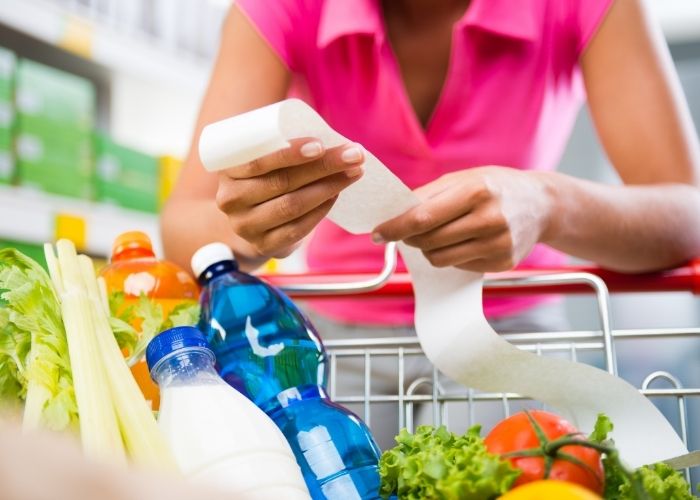The mass consumption sector in Spain increased by 12.9% in the weeks from 6 to 20 March. This is compared to the same period last year. It is also a result of the current economic context in Spain. Four products, in particular, saw the biggest rise in food prices.
The economy is characterised by uncertainty due to the volatility of inflation, the increase in energy prices, and circumstances such as the war in Ukraine and the transport workers’ strike. This was announced by market research agency Kantar.
Price increases still passed on to the shelves
This increase in household spending has been accompanied by an unprecedented rise in prices for both manufacturers and distributors who, although initially trying to contain the rise in prices of their products, were eventually forced to pass it on to the products on the shelves.
Strongest risers
Among the product categories that have seen the strongest price increases since March 6 are oil, up 303% on the same period in 2021, pasta, up 183%, and rice and milk, up 181% and 145% respectively.
Rise in food prices changes buying behaviour
On average, the prices of ‘fast-moving consumer goods’ – commonly sold consumer goods such as food, toiletries, soap – have increased by 5%. According to Kantar, this leads to different buying behaviour among consumers. Some are actively choosing to mitigate the effect of inflation on their wallets. Typically, these consumers will look for deals or discounts to make their shopping baskets cheaper. However, others are looking to reduce spending outside the home. Therefore, these changes in shopping habits are directly linked to Spaniards’ concerns about the current situation.
Related posts:


